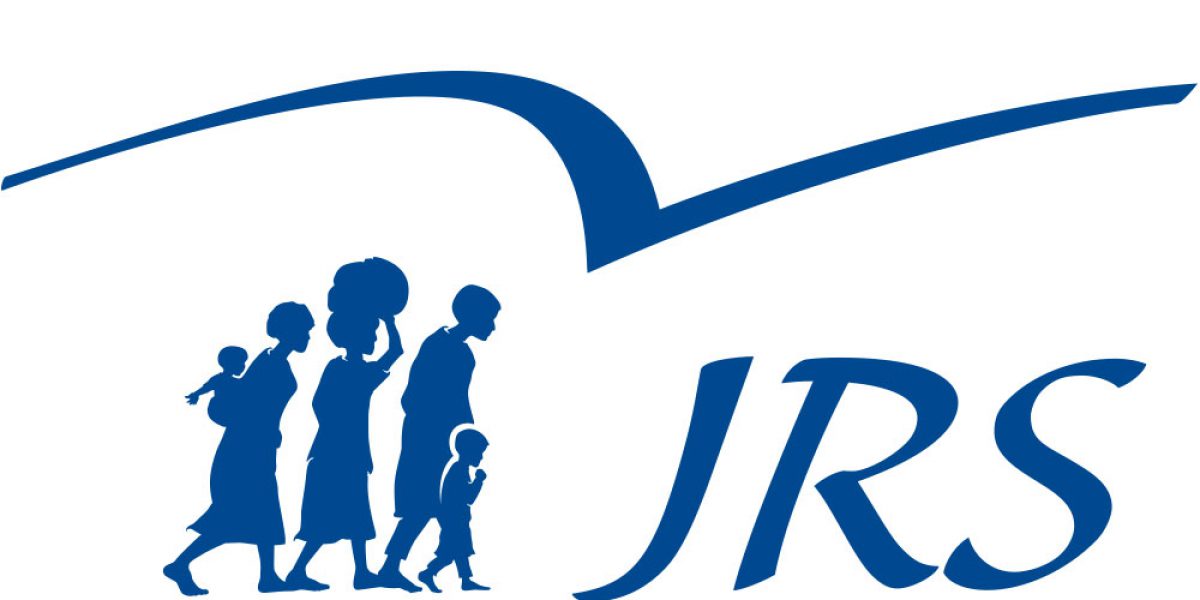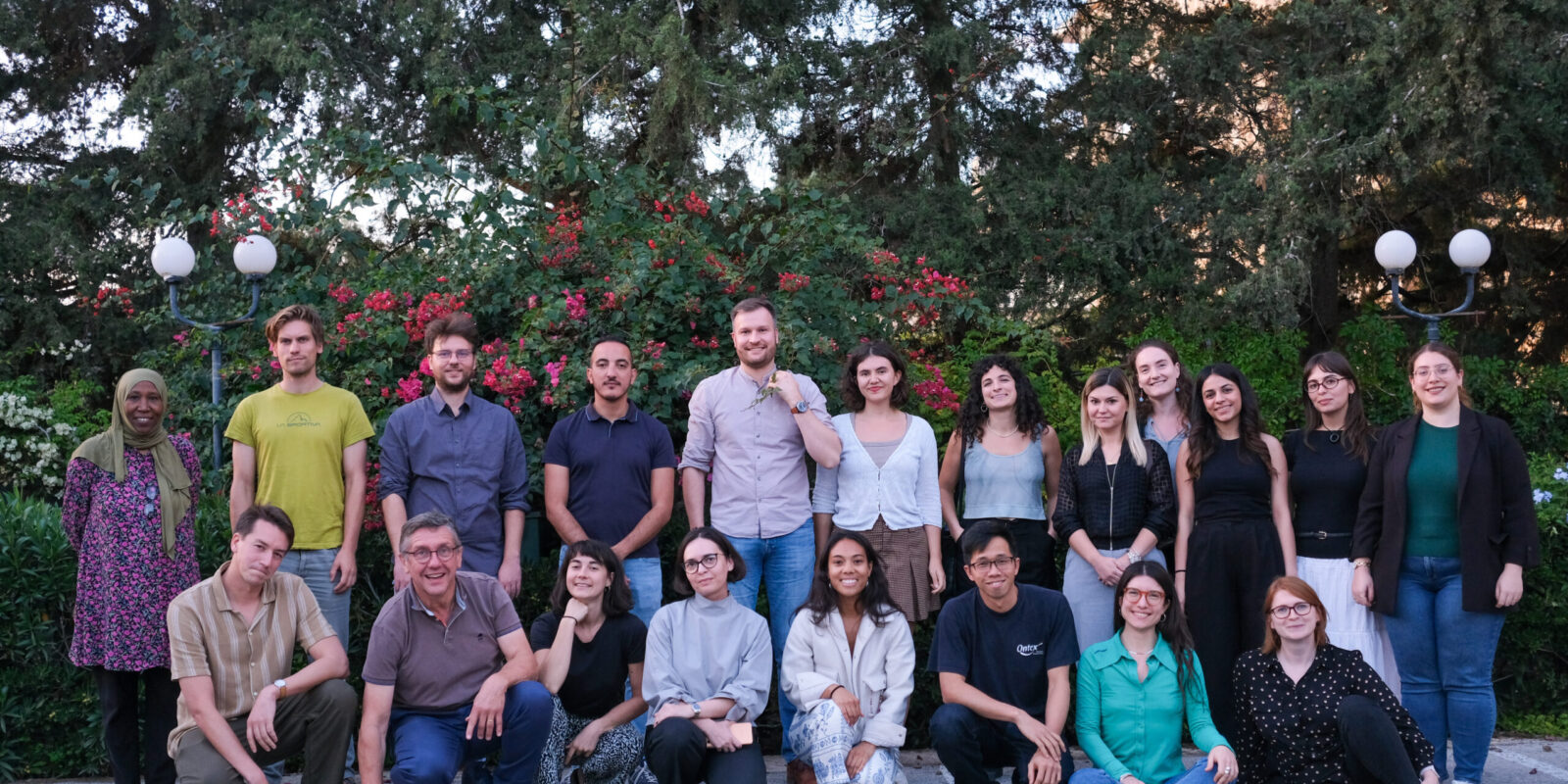
Brussels, Rome, 2 October 2014 – A year after the tragic death of nearly 400 forced migrants – men, women, children – off the coast of the Italian island of Lampedusa, tens of thousands of lives have been saved. The details of how close the victims were to the coast spurred the Italian government to act. Proof, if any was needed, of how much can be done when states prioritise life above border security.
Operation Mare Nostrum has saved nearly 142,000 people, many, maybe most of whom, would have perished at sea; an admirable response on the part of the Italian authorities. Yet this is a European responsibility, an international obligation, a humanitarian challenge. Mare Nostrum operated in international waters, as this is where most lives are lost. Plans to limit the search and rescue operations of the European border agency, Frontex, to EU waters are wholly inadequate.
Search and rescue operations are essential, but insufficient on their own. Even with the extensive operations launched by the Italian authorities, the UN refugee agency believes more than 2,500 people have died crossing the Mediterranean Sea this year. A few weeks ago, a boatload of up to 500 migrants sank off the coast of Malta, reportedly rammed by smugglers.
“There is a real danger; all the progress that has been made in prioritising the saving of lives will be lost. Not only do we need to ensure we save as many lives as possible at sea, we also need to offer desperate people, fleeing violations of the most fundamental human rights, alternative safe channels into Europe. We shouldn’t just be waiting for the next terrible tragedy,” said the Jesuit Refugee Service International Director, Peter Balleis SJ.
Offering asylum seekers an opportunity to seek refuge in a safe place would lessen the need to resort to unscrupulous smuggler networks. Concrete measures implemented by EU states should include: establishing a system of humanitarian visas, ensuring those in receipt of subsidiary protection status can be reunited with their families, and increasing the annual refugee resettlement quota.
“As the crises in the Middle East and North Africa deepen, sealing our borders only increases the suffering of thousands of innocent people. European countries must work together to ensure our human values of compassion and hospitality shine through,” states JRS Europe Director, Michael Schöpf SJ.
“After last year’s visit by Pope Francis to Centro Astalli (Italian office of the Jesuit Refugee Service), and his continued calls for solidarity, we have seen an upsurge of support for refugees. So many people have contacted us to start volunteering at Centro Astalli, and many others have shown, in many different ways, interest in the cause of refugees”, said JRS Italy Director, Giovanni La Manna SJ.
“We see the beginnings of change in society that we all hope are necessary, starting with small gestures in everyday life,” added Fr La Manna.
Whilst so many European citizens have taken positive steps and shown concrete hospitality to refugees, we are still awaiting decisive action from Europe’s leaders.
For further information
James Stapleton
International Communications Coordinator
Jesuit Refugee Service
Tel: +39 06 69868 468; +39 346 234 3841
twitter: @stapletonjm; linkedin.com/in/stapletonjm
www.jrs.net
facebook.com/JesuitRefugeeService; facebook.com/ServicioJesuitaaRefugiados; facebook.com/ServiceJesuiteDesRefugies; facebook.com/ServizioDeiGesuitiPeriRefugiati
twitter: @JesuitRefugee; @JrsInternaz
Oscar Spooner
Communications Officer
Jesuit Refugee Service Europe
Tel: +32 2 250 3225
oscar.spooner@jrs.net
www.jrseurope.org
http://www.twitter.com/JRSEurope
Note to editors
JRS programmes are found in 50 countries, providing assistance to: refugees in camps and cities, individuals displaced within their own countries, asylum seekers in cities, and to those held in detention centres. The main areas of work are in the field of education, emergency assistance, healthcare, livelihood activities and social services.
At the end of 2013, JRS employed approximately 1,400 staff: lay, Jesuits and other religious to meet the education, health, social and other needs of nearly 950,000 refugees and IDPs, more than half of whom are women. Services are provided to refugees regardless of race, ethnic origin or religious beliefs.
On 7 October 2014, JRS Europe will launch its latest report, Our current campaign: Rescued – What next?, on the reception conditions facing asylum seekers arriving in southern Italy.
The UN refugee agency believes more than 2,500 people have died crossing the Mediterranean Sea this year.

